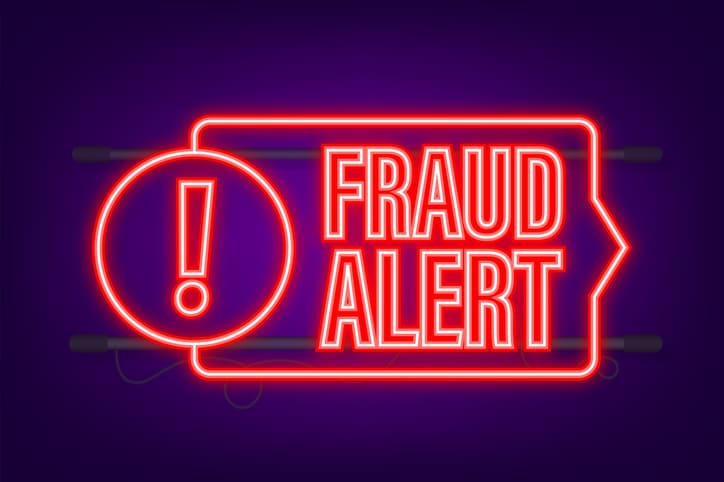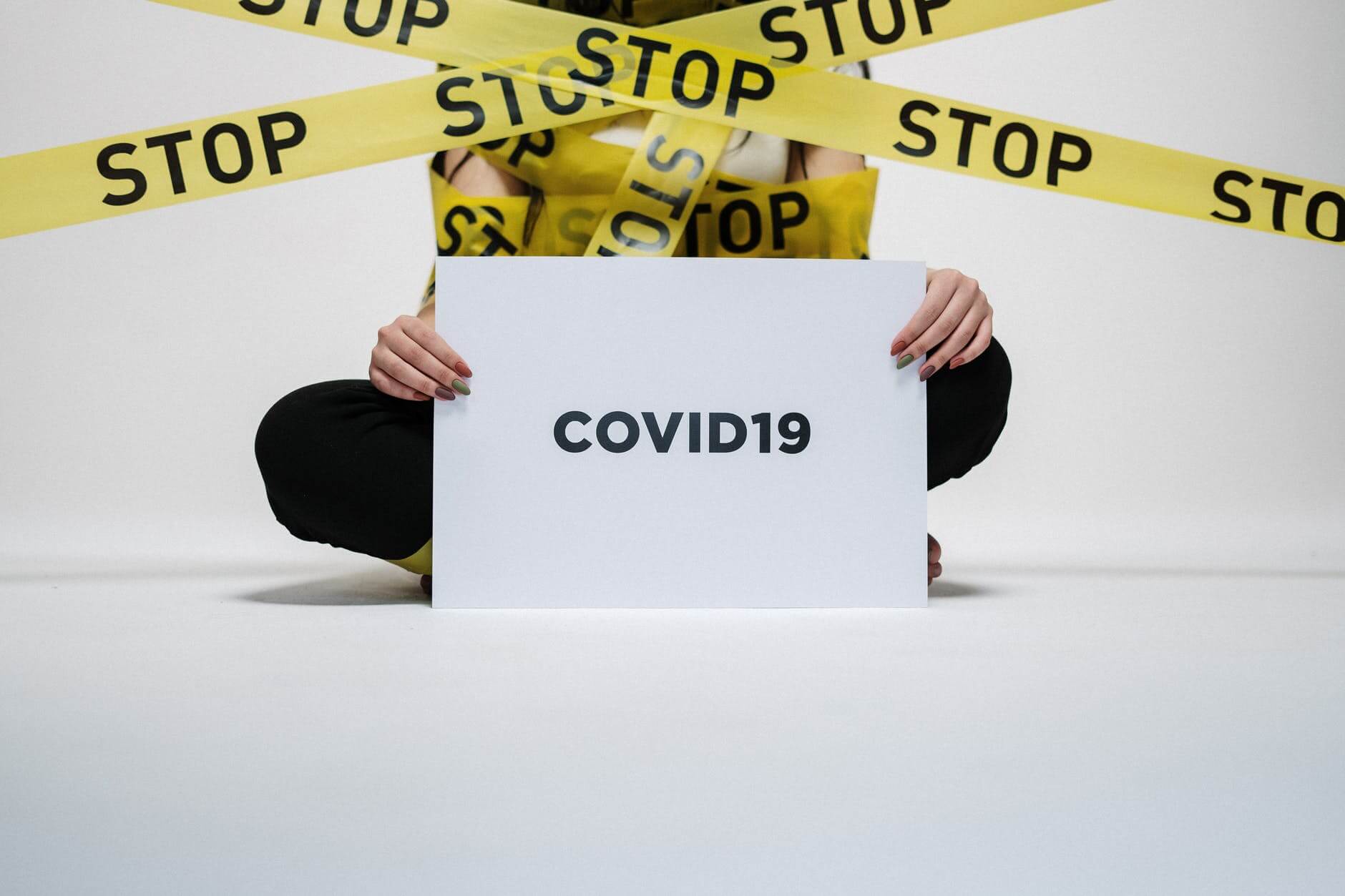When actors get bad publicity, we often hear people say that even bad publicity is still publicity, implying that it doesn’t matter much what type of publicity an actor gets as long as it succeeds in making people aware of his existence. Is this philosophy true of businesses getting negative comments on social media as well? Can bad publicity still be good news for your brand? Unfortunately, that may not be the case. How you are perceived in social media often has a direct impact on your company’s general image and reputation. To avoid PR disasters via social media, you will need to put in place a well-planned and well-thought out social media policy. Social Media and PR As social media became more and more popular, public relations experts saw the need to make some changes in their standards. The PR world has now become customer-centric and it has become all the more important to make sure you have the right people in your PR/Marketing team. You wouldn’t want to be the victim of the next social media disaster, would you? Companies like Applebee’s and Chrysler will tell you it’s an experience you definitely wouldn’t want to go through. Here are some tips on how you can avoid PR disasters on social media: 1. Get Experienced People on Your Team You can’t expect social media newbies to successfully manage multiple social media accounts for your brand. Even if there are inexperienced people on your team, they should work under the supervision of a social PR expert until they can be trusted to work on their own without causing a social media meltdown. You can’t leave the management of multiple social media accounts in the hands of newbies. Flickr.com photo by San Jose Library
While the actual task of posting status updates and blog articles may be simple enough, bear in mind that there are certain nuances in the online community only the experts can effectively address.
Whether you choose to hire an in-house social media team or outsource the task, you have to make sure your social media strategy is being handled by experienced individuals. Take the National Rifle Association case for example, whether it was inexperience or ignorance, their tweet “Good Morning Shooters! Happy Friday! Weekend Plans?” a day after the Colorado shootings backfired, literally! Though the NRA later clarified that the tweet was made by a person that wasn’t aware of the shootings, the damage had already been done. 2. Train Your People Sure, your team may already have extensive experience in managing social media accounts, but that doesn’t mean there’s no longer any need for you to train them. For one thing, you’ll have to make them aware of your social media policy. The policy will serve as their guide on when they should post updates, when they should directly address comments/questions, and when they should just step back and let things cool down before they make another post. Training is also important for letting your team know how you expect them to react when a customer’s “hot” button is inadvertently pressed. Of course, training should also serve to make your team know your brand by heart, so they can always address customers with the voice of your brand. Your people should learn how to get your brand’s message across without getting carried away by their emotions. Moreover, they should know how to use scheduling software tools like Hootsuite. A lot of social media blunders and goof-ups have happened because the people managing the said social media accounts weren’t completely familiar with the tools they were using. Red Cross’s tweet in Feb 2011, about Dogfish Head’s Midas Touch Beer is a case in point. 3. Put a Crisis Plan in Place It is perhaps inevitable that at some point, your company is going to commit a blunder that’ll land you on the social media hot seat. It is crucial for your PR/Marketing team to be prepared for such eventuality. This is why you need to draw up a PR disaster plan well in advance. Each member of your team should be aware of this plan and ready to put it into action whenever necessary. If you have decided to keep an in-house PR/Marketing team, it may be a good idea to contract an outsourcer to help you out in case a crisis arises as part of your crisis plan. In addition to that your social media handlers should know that in case of a crisis, argumentative and defensive approaches usually don’t work. The reaction should therefore be well planned and thought out. Nestle and Applebee are some brands that paid a heavy price for taking a belligerent approach to negative social media posts and ended up alienating their fans even further. A golden rule to remember in crisis situations is never to delete negative comments, but to handle them with courtesy, honesty and humility. To make sure your social media policy can effectively hold a PR disaster at bay or at least minimize damage when a disaster does occur, it needs to answer some very important questions. Here are the key points that your social media policy must address:
- Detail your social media policy’s goals and determine beforehand how you plan to reinforce and update your policy.
- The policy also has to answer the question as to what specific business information your employees can share online and which particular social networking sites you’ll be active on.
- You must also address how you plan to monitor brand mentions and who will do the monitoring as well as how you plan to maintain consistency in your style and tone across the social networking sites you plan to use.
- It should indicate whether you would encourage all of your employees to serve as brand representatives on social networking sites.
- Furthermore, you need to specify how you plan to respond to online questions and comments and who has the responsibility of responding on your company’s behalf.
- You must clearly outline who would be authorized to make proactive posts on your brand’s social media pages. More importantly, your social media policy should define what you consider a PR crisis and how a perceived crisis should be handled
Your social media policy should specify who in your team is responsible for addressing questions and comments from your online audience. Flickr.com photo by Dell’s Official Flickr Page
How to Draft Your Social Media Policy There are certain steps you can follow in drafting your social media policy. You may want to start by reviewing any existing policies your company may have on communications, employment, confidentiality, and any other aspect of the business that may be associated with your brand’s participation in social media. This will help you ensure that your social media policy is properly aligned with the general policy and goals of the business. It may also be a good idea for you to take a look at the social media guidelines of other companies so you’ll get an idea of how others are going about their social media policies. The good news is that there are plenty of examples available online and you can draw inspiration from these examples. One popular myth you need to let go of when you draft your social media policy is that you’ll have to manage your social media strategy by yourself if you want it done right. There are a number of outsourcers who can help jumpstart your brand’s social media marketing efforts. What’s important is for you to choose your external partner (if you choose to get one) very carefully. Regardless of the actual approach you choose to take, a carefully-drafted social media policy can definitely help protect your brand and its reputation. I would like to thank Emma-Julie Fox who writes for Pitstop Media Inc, a Vancouver company that provides SEO services to businesses across North America for this fantastic guest post.
Chris Norton is the founder of Prohibition and an award winning communications consultant with more than twenty years’ experience. He was a lecturer at Leeds Beckett University and has had a varied PR career having worked both in-house and in a number of large consultancies. He is an Integrated PR and social media blogger and writes on a wide variety of blogs across a huge amount of topics from digital marketing, social media marketing right through to technology and crisis management.


